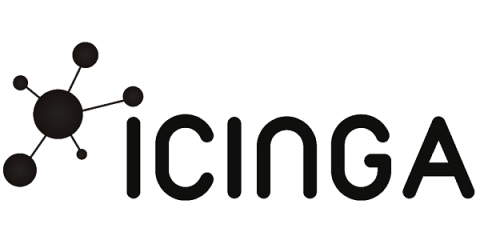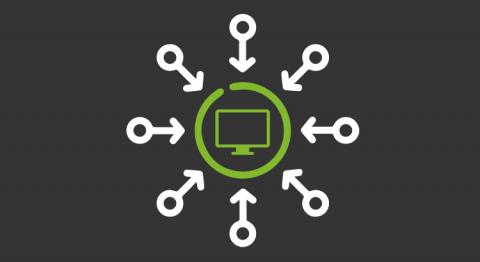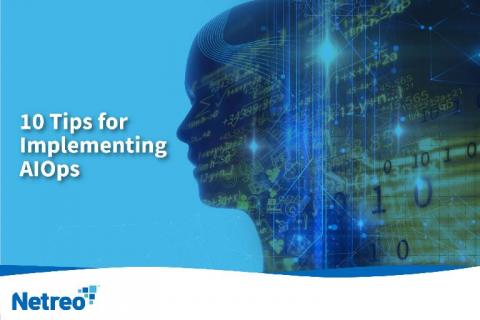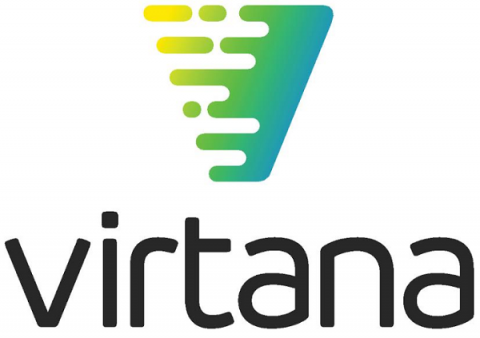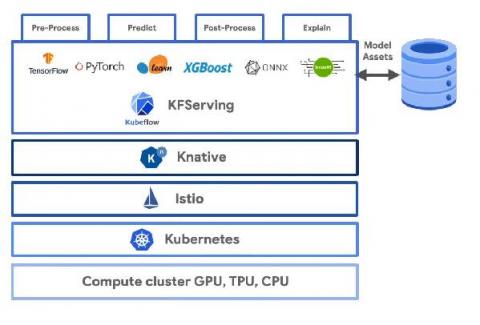Build your own Icinga Module
Building your own Icinga Module sounds like a big challenge, but is it really that hard? A look behind the scenes reveals that it’s actually not as complicated as it sounds. But first things first: Why would you even want to create your own Module?


